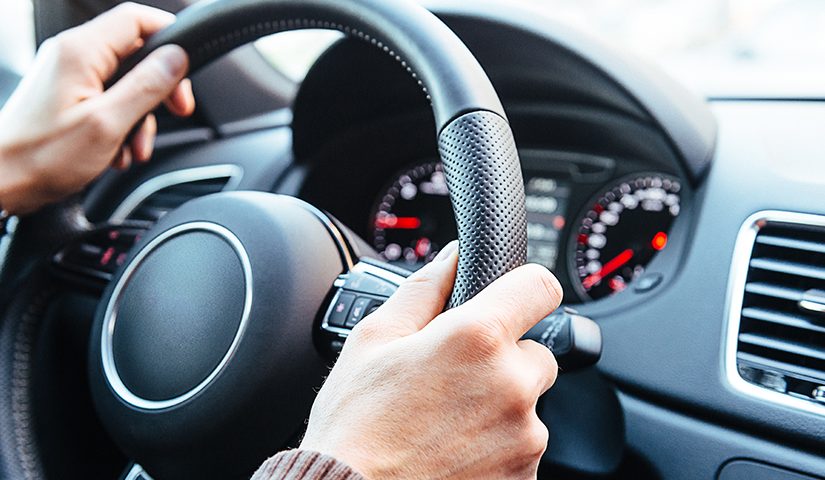Before you start shopping for auto insurance, you should know the basics of it. Liability coverage will cover you in the event that you cause an accident, either directly or by hitting another vehicle. This coverage pays out for injuries or damage to a third party’s property, as well as any costs for repairing the vehicle. In addition, liability insurance will provide you with a legal defense if another driver makes a claim against you. It’s important to choose a policy with sufficient coverage to protect your assets and future plans.
Auto insurance premiums vary by risk and driving history. Insurers base the price of a policy on their own risk assessment, which involves incorporating personal information into a weighted algorithm. This rating determines the likelihood of an insurer having to pay for a claim. The higher the risk, the higher the premium. Some insurers offer lower premiums for drivers with poor credit because these drivers tend to cause more accidents than other motorists.
Personal injury protection is another important feature of an auto insurance policy. It pays for your medical bills if you’re the victim of an accident with a driver who has no insurance. This insurance coverage is mandatory in twelve states and is required by some other states. It also covers vehicle damage caused by an uninsured or underinsured driver. Personal injury protection and Uninsured/Underinsured Motorist coverages pay for the other party’s medical expenses when you cause an accident with an uninsured driver. Choosing an insurance policy that will fit your specific needs is essential to avoiding an accident and keeping you safe on the road.
Personal injury protection is also known as PIP and is mandatory in most states. It compensates for medical expenses, lost wages, and other related expenses that you incur after an accident. In addition to this, PIP and uninsured motorist coverages reimburse you for other types of expenses. Buying both kinds of coverage is recommended to avoid any unexpected costs. You should also make sure to compare the costs of each one and the different types of coverage.
Collision and comprehensive coverage are important and should be considered when shopping for auto insurance. These cover different aspects of auto accidents and can save you a lot of money. Comprehensive and collision coverages are necessary to pay for car repair. Personal injury protection can cover passengers’ medical expenses if they’re involved in an accident. Liability coverage is a legal requirement, while uninsured motorist coverage is optional in some states. However, if you’re involved in an accident with an uninsured motorist, you may still be covered by his or her insurance policy.
You can find affordable auto insurance policies through the Internet. Most auto insurance companies offer comparison tools that allow you to compare rates and coverage’s. By doing this, you can easily select the most appropriate plan for you. Just be sure to read the fine print and get a copy of your policy. If you’re not sure about the coverage you need, talk with an insurance representative. Many insurers offer discounts to new customers. If you have an accident, you should contact your insurance agent.
